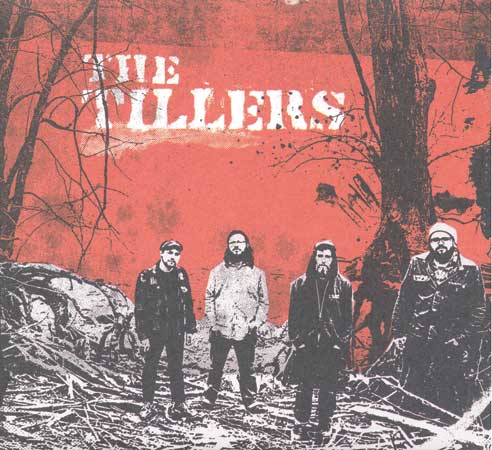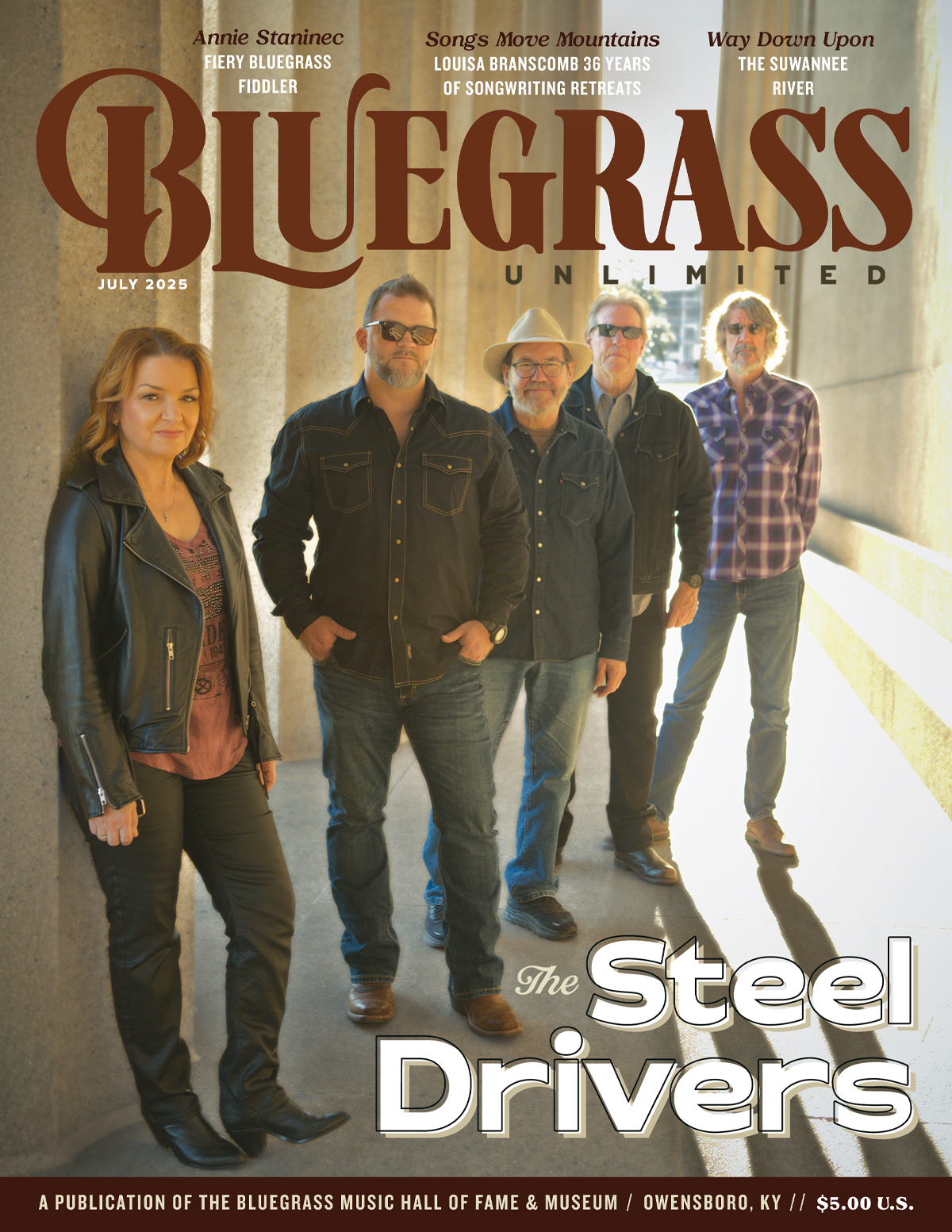THE TILLERS
Sofaburn Records
SBR2-034
Two of the principal characteristics that can set apart a bluegrass band from the rest of the pack are the quality of their original material and the power of their instrumental chops. The Tillers, a Cincinnati quartet, have two main singers/songwriters in their lineup—guitarist Sean Geil and banjoist Mike Oberst. Both vocally and compositionally, they’re not too different from each other, so that aspect gives the band a more unified identity in their collective sound.
While their latest recording is self-titled, it’s actually their sixth release, but it may be the relatively recent addition of fiddler Joe Macheret that’s inspiring them to reset the odometer with their recordings. And it’s easy to understand why. His playing is powerful and dynamic, propelling the band with high energy without being self-indulgent or going for flash for its own sake. In conjunction with Oberst’s nice banjo work and a generally thoughtful and imaginative approach to each song’s arrangement, the result is that The Tillers play with a cohesive tightness and drive that’s impressive.
If anything might narrow the audience appeal for this recording, it may be the nature of the songwriting itself. The inspiration seems to be to approach bluegrass and folk with a “punkish” abandon, as best displayed on their sole cover, an updated version of Woody Guthrie’s “All You Fascists Bound to Lose.” It’s not that an album of songs leaning heavily towards political and environmental themes won’t work in a contemporary bluegrass context. But it is likely that some audiences will respond differently to a rousing chorus of I need this s*** like a hole in my head.
Perhaps more significant is that both Geil and Oberst have so much that they want to say that their songs are consistently busy and word-heavy and the message eclipses the song rather than working symbiotically. But when they close the album with Oberst’s gentle “Another Postcard” (apparently written to a child waiting at home), they prove how effective they can be with a spare lyrical approach. It’s a track that shows how fine this band can sound with a bit more space in their music. (www.sofaburn.com)HK

